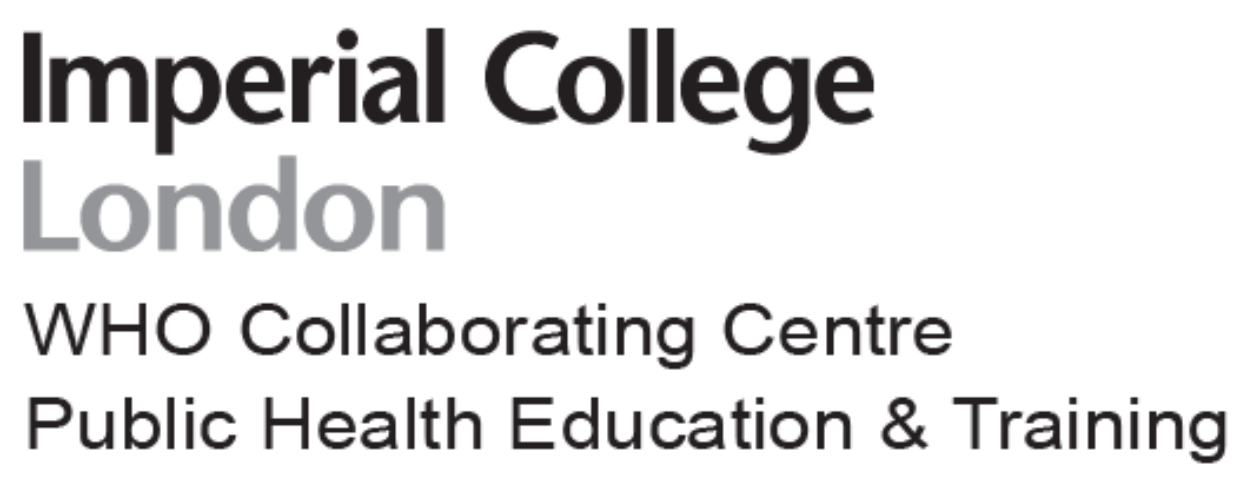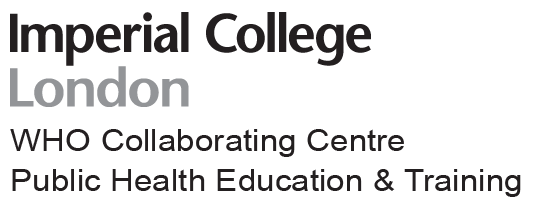Interview with Gunyoung Lee, WHO CC Fellow
1. Few lines about yourself: your background and professional interests
I’ve worked as a senior researcher at the Ministry of Food and Drug Safety (MFDS) in South Korea. The MFDS is a government organisation equivalent to the Food Standards Agency (FSA) in the UK, and is committed to protecting consumer and promoting public health.
My primary responsibilities included reviewing & evaluating the toxicological data for chemicals safety in food (for example, sweetener, caffeine, bleaching agents, color fixative, propionic acid, etc.) as well as researching on risk assessment of hazardous chemicals and foodborne microorganism. Research project I was most recently involved, was to develop methodologies and system for identification of emerging risks to human health from hazards.
2. Why did you choose WHO CC for your fellowship?
I won a bursary supporting the training of 2 years in UK from Korean government. While looking for an organisation/institution in the UK for my training, I discovered that the WHO CC was created to support countries and international organisations in health system development and carry out research for public health as well as academic training and development. Considering my work experience as government officer, I thought that the WHO CC Fellowship would best fit my training aims. It would also be a good learning experience in public health given what this department has achieved and contributed. These were my reasons to choose the WHO CC fellowship.
3. What do you like about the fellowship with WHO CC ?
I’ve attended lunchtime seminars in the department every Wednesday. They provide attendees with information on current and emerging global health issues and sometimes also create a stir around the topic of presentation and leads to a heated discussion. I’m happy to have this opportunity to network with public health professionals from around the globe.
As a WHO CC fellow, I spent three days per week doing public health research at the environmental epidemiology group, Public Health England. Through this program, I’ve got to know how public health surveillance strategy is implemented with evidence-based, professional, scientific and delivery expertise. I believe that it contributes to my career development and to enhancing my experience as a public officer. The staff members of the WHO CC are representing various specialities and working in various research fields. I especially enjoy chatting and having a tea with them in the kitchen sometimes. They’re always willing to help me out and share information.
4. What benefits are you getting from fellowship with WHO CC ?
Through my fellowship at WHO CC, I expect to build more experience on public health strategy development, both theory and application cases. This training, in turn, will help me to better evaluate and manage the impact of hazards to public health, and as a consequence, to contribute to developing our public health services in Korea. Hopefully, I’d like to serve as a bridge between Korea MFDS and WHO CC by initiating active dialogs or joint research program for public health


